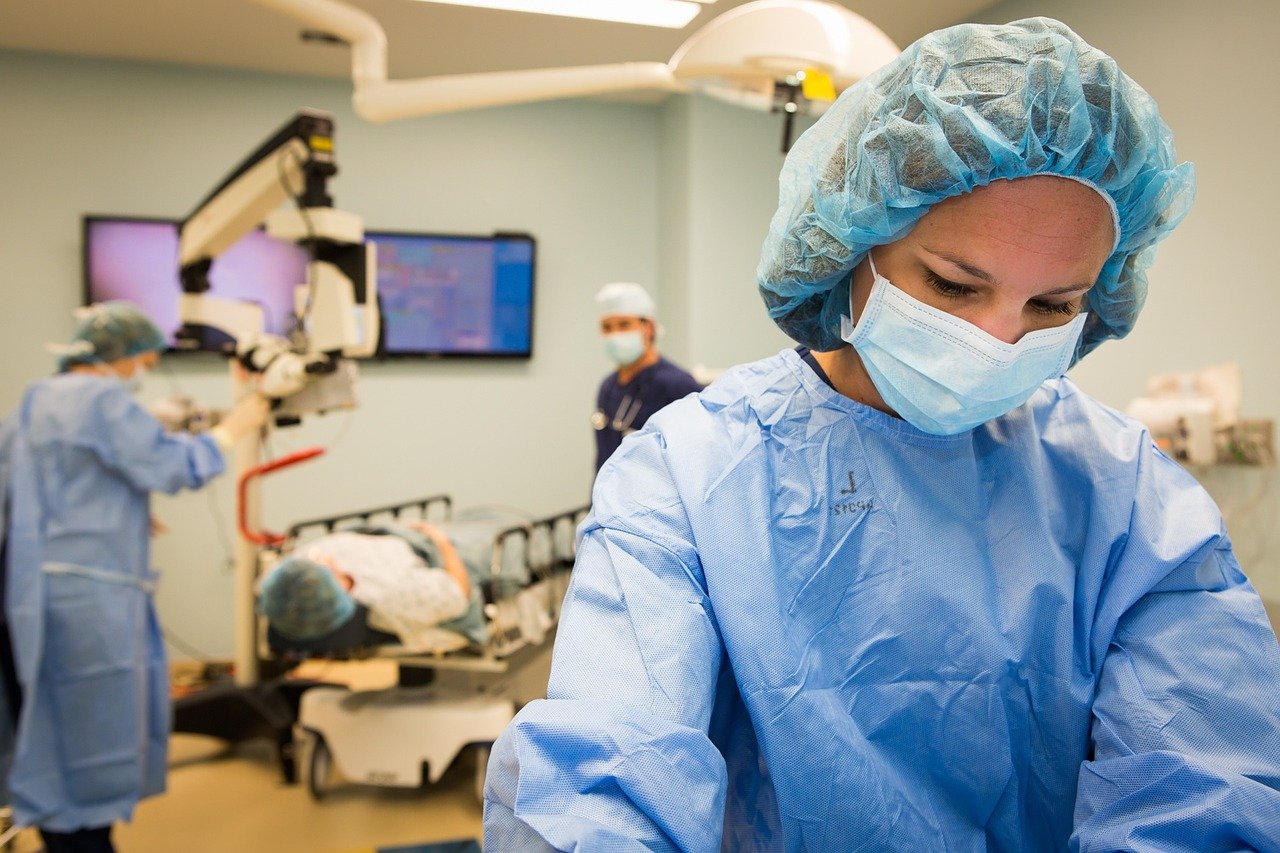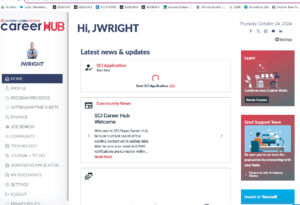The healthcare industry is one of the most stable fields to enter for new job seekers, but it’s important for them to understand common terminology such as the difference between accreditation vs. licensure. The industry features good pay, reliable hours, and tremendous job security. That said, each position requires specified training.
Two common requirements in the healthcare industry include accreditation vs. licensure. Depending on the position you’re seeking and your location, these requirements may vary. It’s important to understand what they are and what each one is for.
Let’s take a closer look at each of these credentials.
What is Licensure in Healthcare?
The means of gaining license can vary by industry, but there’s a very specific set of guidelines that define licensure in healthcare. Healthcare licenses provide healthcare professionals with the authority to work in their chosen occupation or role. An official government licensing agency can only award them.
To receive the license, the candidate will need to meet the agency’s predetermined criteria. This will vary depending on your specific position and subsector of healthcare that you enter. Generally, it means you must possess a certain academic degree or receive a passing grade on a state-administered examination.
Receiving a license demands the applicant have a substantial working knowledge of their chosen position. Receiving one can involve plenty of academic study and preparation in advance of receiving the license itself.
What is the Purpose of Licensure?
The purpose of licensure is to show that the professional meets an industry- or state-approved quality standard. That way, practitioners throughout the healthcare sector, as well as patients, will understand that the individual possesses the prerequisite knowledge needed to perform the duties of the role. The examination – or in some cases, the degree – acts as evidence that the individual understands the core concepts needed to complete the mission. It’s all about solidifying the individual as a qualified professional in the eyes of their coworkers and with those they will provide care.
There’s no standardized system across the nation for getting a healthcare license. It is the responsibility of each individual state government to come up with the licenses healthcare professionals need to practice. Licensing differs slightly from certification in healthcare. With regard to certification vs. licensure, certification can be either a prerequisite to obtaining a license or an alternative. It all depends on the type of healthcare position one is applying for.
Licensing also differs significantly from accreditation, another term that is commonly applied in the healthcare field. While the two concepts are similar, there are important discrepancies between the two it’s important to understand.
What is Accreditation and Why is it Important?
Accreditation is yet another form of credential commonly referenced in the industry. Accreditation is when an independent, professional organization acknowledges that a healthcare organization has met or surpassed their standards. These organizations are not affiliated with the federal government or any state governments.
Accreditation is important for the same reason licensure is important. The primary goal of accreditation is to gauge a healthcare facility’s ability to live up to predetermined industry standards set by veritable bodies within their field. This inspires confidence and trust in a facility with the patients it serves. It gives healthcare providers the ability to do the following:
-
Show their commitment to quality
-
Separate themselves from their competition
-
Encourage continuous improvement
Accreditation is something the very best facilities strive to obtain from accreditation organizations they can align themselves with. It’s not just for patients’ benefit. It’s also a statement to prospective employees entering the medical profession that the facility is a top place to work.
What\’s the Difference Between Accreditation And Licensure?
There are two primary differences between accreditation vs. licensure that are important for those in the healthcare industry to understand. One is that licensing is awarded by a governmental body. This can include a federal or state government. Accreditation is awarded by entities, organizations, or associations not affiliated with any government. That’s not to say one is superior to another, just that they’re different.
Licensure is about getting the legal right to practice or serve in a specific role. Accreditation is about enabling a facility to have the respect of its industry peers. Another critical distinction between licensing and accreditation is who they apply to. A license applies to a single individual looking to practice.
This could be a doctor, registered nurse, nursing assistant, medical tech, or someone else within healthcare. Accreditation applies to facilities. These can include hospitals, nursing homes, urgent care centers, or any other kind of healthcare facility that provides care. Both accreditation and licensing are critical components of the healthcare industry. Anyone looking to enter healthcare as a profession should know what each one represents.
A Healthcare Career Path
To truly grasp the concept of accreditation vs. licensure, it’s critical to understand what both are and what they aren’t. Licensing is about an individual receiving acknowledgment that they’ve done the work or gained the knowledge necessary to make a living in a medical or healthcare industry role.
Licensure is provided by a governmental authority and typically includes some kind of academic element (either through a degree or by passing an examination).
Accreditation is how facilities show their level of quality and commitment to being the best at what they do. Accreditation is given by a non-governmental authority – usually an organization or association within that specific industry.
Knowing the difference is crucial for someone entering healthcare. For example, you’ll most likely need a license for most positions you’d try to attain in the industry. But while you as an individual can’t receive accreditation, you may want to target facilities that have it as employers.
With Southern Careers Institute, you can do more than just understand accreditation vs. licensure. We can equip you with the training programs that assist you in your healthcare career. We can give you the tools needed to excel in your field while also educating you with the information you’ll need to get ahead.
By helping you with your new career path, SCI can help you begin the transformation to the new you. Show your passion for change by contacting Southern Careers Institute today!
Sources
https://www.bls.gov/careeroutlook/2016/article/will-i-need-a-license-or-certification.htm
https://www.astho.org/Programs/Preparedness/Public-Health-Emergency-Law/Scope-of-Practice-Toolkit/Understanding-Licensing,-Credentialing,-Certification,-and-Privileging(2)/
https://nccih.nih.gov/health/decisions/credentialing.htm
https://www.achc.org/about-accreditation.html
Blog Disclaimer: Information stated in this blog is for general information purposes only. SCITexas.edu not assume or guarantee income earning potential or salary expectations based on the programs offered at Southern Careers Institute.












